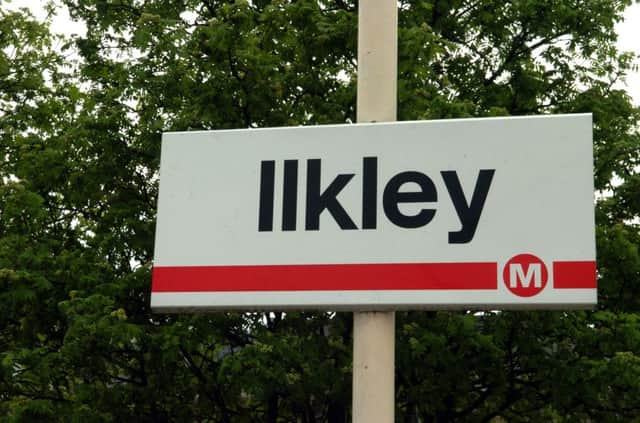We've made your train run on time - but you can't get on or off


The knock-on effects of a track-side fire earlier in the day meant the train was a quarter of an hour late leaving Leeds. It reached its destination punctually - but only by not stopping anywhere en route.
The last-minute change meant that for four out of five passengers, the service was cancelled - yet it met the normal criteria for being “on time”.
Advertisement
Hide AdAdvertisement
Hide AdThe government’s measure for whether a train is considered “late” is the time it arrives at its final destination. Intermediate stations are not counted.
Travellers at Leeds were told on the station information screens that the service would be an “express”, direct to Ilkley. Those commuting to the four other stations on the line were advised that it was cancelled.
But train operator Northern, which took over the running of the region’s local services last month, said the move was not designed to manipulate the punctuality figures it is required to publish each month.
A spokesman said: “The 18:02 from Leeds to Ilkley departed 13 minutes late yesterday. In order to recover a normal service as quickly as possible for thousands of customers in the North West area, the service did not stop at intermediate stations and arrived at Ilkley on time. This change to the service would have been communicated to our customers on board the train and at the station.”
Advertisement
Hide AdAdvertisement
Hide AdThe company said in such circumstances passengers who travelled to the end of the line and then caught a train back to their own stations would not be asked to pay more for the extra journey.
The independent watchdog Transport Focus said the practice of skipping intermediate stations was common among some train operators when it was necessary to get the timetable back on schedule, and that any affected services would be considered “cancelled” on official statistics.
A spokesman for the group said: “Often this is done not to improve the figures but to allow some short-term pain in order to rescue the rest of the timetable.
“The number of passengers who would benefit is potentially higher than the number affected.”